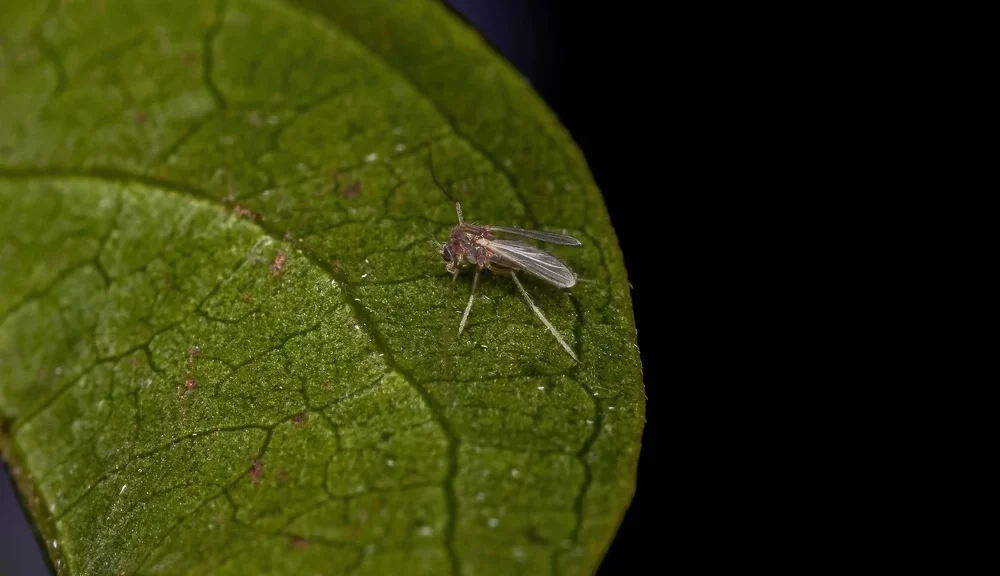When it comes to enjoying the outdoor spaces like gardens or picnics, one of the more pressing concerns is often how to repel bees. These insects play a vital role in our ecosystem, but they can become a nuisance, especially when we're trying to relax or enjoy an outdoor meal. Understanding the best methods to keep bees at bay is essential for anyone wanting a peaceful outdoor experience.
In this article, we will explore various strategies for bee repellent, from natural remedies to store-bought solutions. Let's delve into some of the most effective ways to achieve a bee-free zone while also ensuring you maintain a safe and environmentally friendly approach.

Understanding the Role of Bees in Our Ecosystem
Before we jump into the extensive methods on how to repel bees, it's crucial to recognize their significant contributions. Bees are responsible for pollinating a vast array of plants, including many fruits and vegetables we rely on for food. While we may seek to keep them from our picnic or barbecue, understanding their role can help us approach bee repellent with a more nuanced perspective.

Common Bee Attractants
Bees are attracted to specific elements in our environment. Identifying these attractants can help in preventing a bee invasion in the first place.
- Bright Colors: Bees are drawn to bright colors, particularly yellow and orange. Wearing neutral colors can help you avoid attracting them.
- Sweet Scents: Fragrances from certain flowers, perfumes, or flavored foods can entice bees to your vicinity. Also, consider avoiding scented lotions or hair products.
- Food and Drink: Leftover food, especially sugary items like soda, fruit, or desserts, can easily attract bees. Be cautious when dining outdoors.

Natural Bee Repellents
One of the most appealing ways to keep bees away is through natural repellents, which can provide effective alternatives to chemical solutions.
Essential Oils as Bee Repellents
Several essential oils can be effective in repelling bees. Here are a few you can use:
- Peppermint Oil: This oil has a strong scent that bees dislike. Mix it with water in a spray bottle and apply it around areas where you frequent.
- Citronella Oil: Known for deterring mosquitoes, its also effective against bees. Place citronella candles or diffusers around your outdoor space.
- Lemongrass Oil: Similar to citronella, lemongrass oil has a scent that many insects, including bees, find unpleasant.
Plants That Repel Bees
Certain plants can naturally deter bees. Consider integrating these into your garden or outdoor settings:
- Mint: The strong scent of mint repels bees. Plant instructions should position them in pots away from where you'll be relaxing.
- Eucalyptus: This fragrant plant emits a scent that many bees find unsettling.
- Rosemary: The pungent aroma of rosemary can help in reducing bee presence.
- Marigolds: These colorful flowers are known to repel various insect pests.
For more information on other plants to consider, you can check out plants that repel mosquitoes in this article.

Homemade Bee Traps
If you're dealing with persistent bees, homemade traps can be effective. Heres a simple method to create one:
- Take a two-liter plastic bottle.
- Cut the top third of the bottle off and invert it back into the base of the bottle.
- Add a mixture of sugar water or honey at the bottom.
- Position the trap away from where you'll be sitting.
Commercial Bee Repellents
For those who prefer a packaged solution, various insect repellents are available online and in retail stores. One recommended resource is the EPAs guide on insect repellents.
Preventive Measures for Your Outdoor Activities
While knowing how to repel bees is crucial, there are additional strategies to minimize interactions before they occur:
- Dining Precautions: Always keep food and drinks covered when not in use. Clear any spills immediately.
- Timing Your Activities: Bees are generally more active during the warmer parts of the day. Plan your outdoor activities for early morning or late afternoon.
- Safe Distance: If you see a beehive nearby, maintain a safe distance. Avoid provoking the bees and possibly disturbing their hive.
What to Do When Bees Highly Invade
In case you find yourself overwhelmed by bees, there are steps to follow to manage the situation safely:
- Remain Calm: Panic can lead to erratic behaviors, which could provoke bees. Stay still or move away slowly.
- Walking Away: If bees are too close, leave the area quietly without swinging your arms.
FAQs about How to Repel Bees
What smells do bees hate?
Bees are particularly averse to strong scents, such as peppermint, eucalyptus, and citronella. Using these in your outdoor areas can help deter them.
Are there any plants that bees dislike?
Yes, plants like mint, eucalyptus, and rosemary are known for repelling bees.
Is it safe to use commercial bee repellents?
While many commercial bee repellents are effective, it is essential to follow the instructions and ensure they are safe for the environment and non-toxic to beneficial insects.
As an Amazon Associate, I earn from qualifying purchases.
